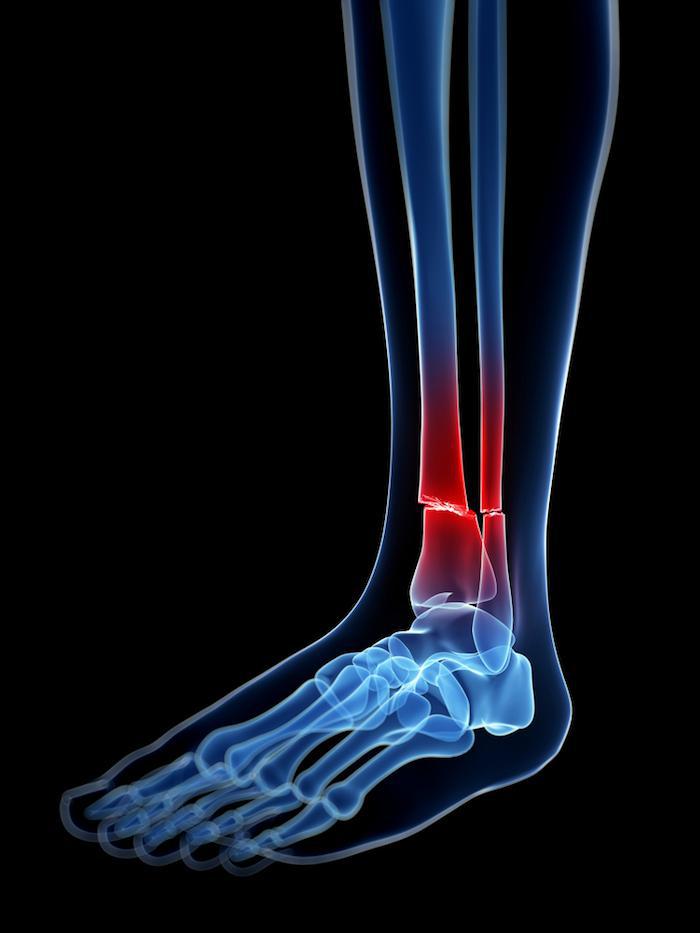Fracture Management
Fractures, commonly known as broken bones, are injuries that can occur in various parts of the body, often as a result of accidents or trauma. Effective fracture management is crucial to ensure proper healing and the restoration of function.

- Assessment and Diagnosis:
The first step in fracture management is a thorough assessment and diagnosis. A healthcare professional, typically an orthopedic specialist, will examine the patient, often using X-rays or other imaging techniques to determine the type and location of the fracture.
- Immobilization:
Many fractures require immobilization to allow the bones to heal properly. This is usually achieved using casts, splints, or braces, which stabilize the fractured area and prevent further movement.
- Reduction:
In some cases, the fractured bone needs to be realigned. This process is called reduction. There are two types: closed reduction, where the bone is repositioned without surgery, and open reduction, which involves surgical realignment and the use of hardware like screws or plates.
- Pain Management:
Fractures can be painful, and pain management is a crucial aspect of treatment. Over-the-counter or prescription pain medications may be prescribed to help manage discomfort.
- Surgery:
Certain fractures, such as complex or displaced ones, may require surgical intervention. Surgeons may use pins, plates, screws, or rods to stabilize the bone and promote healing
- Rehabilitation:
Following immobilization or surgery, rehabilitation is a critical phase of fracture management. Physical therapy helps restore joint mobility, muscle strength, and overall function. It also aids in reducing stiffness and preventing complications.
- Weight-Bearing and Activity Progression:
The gradual return to weight-bearing and normal activities is determined by the fracture’s location, type, and the patient’s progress. Healthcare providers provide guidance on when it’s safe to resume daily activities and exercises.
- Monitoring and Follow-Up:
Regular follow-up appointments are essential to monitor the healing progress. X-rays may be taken to ensure the fracture is mending correctly.
- Complications:
Complications in fracture management can include malunion (improper healing), nonunion (failure to heal), infection, and nerve or blood vessel damage. Timely intervention and proper care help reduce the risk of these complications.
Fracture management is a comprehensive process that involves various medical specialties and a coordinated effort to ensure that fractures heal properly and patients regain their quality of life. Every fracture case is unique, and treatment plans are tailored to the individual’s specific needs and circumstances.
